Ecosystems: Interactions, Energy, and Dynamics
-
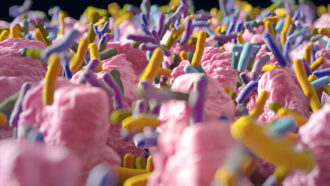 Microbes
MicrobesSome microbial hitchhikers may weaken body’s attack on COVID-19
New research identifies an altered mix of microbes in the body — ones commonly seen in people with poor diets — that may worsen coronavirus disease.
-
 Animals
AnimalsAnalyze This: Some dogs quickly learn new words
Two dogs picked up new words after hearing them a few times during play, but 20 other pets didn’t fare so well at learning the names of new toys.
-
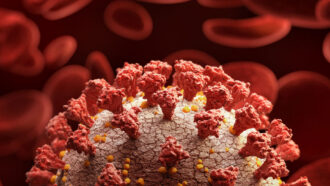 Health & Medicine
Health & MedicineSome young adults will volunteer to get COVID-19 for science
Researchers will soon give some healthy people the new coronavirus. Their young volunteers have agreed to get sick to speed coronavirus research.
-
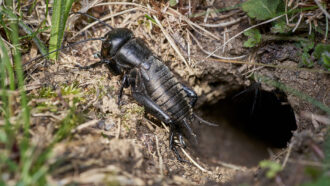 Agriculture
AgricultureSoil (and its inhabitants) by the numbers
Teeming with life, soils have more going on than most of us realize.
-
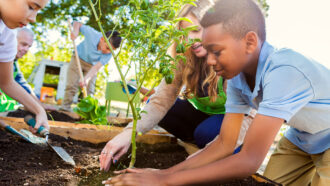 Environment
EnvironmentWhat you can do to improve soils
Soils are the life-sustaining structures under our feet. Here are some tips for keeping soils healthy. First rule of thumb: Give more than you take.
-
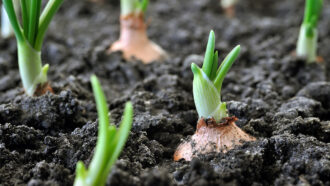 Agriculture
AgricultureHealthy soils are life-giving black gold
Scientists explain why everyone needs to value the soils beneath our feet — and why we should not view them as dirt.
-
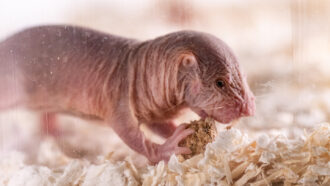 Animals
AnimalsUnique dialects help naked mole-rats tell friends from foes
Computer analysis reveals that these social rodents communicate with speech patterns distinct to each colony.
-
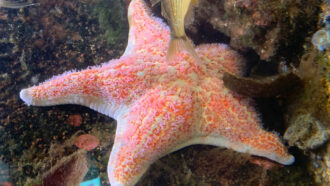 Animals
AnimalsChoked by bacteria, some starfish are turning to goo
For years, researchers thought gooey, dying starfish were infected. Instead, these sea stars are suffocating. And bacteria may be behind it all.
-
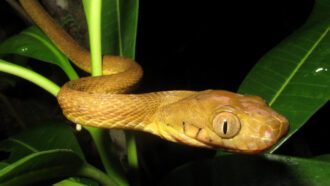 Animals
AnimalsNewfound technique allows some tree snakes to climb wide trees
When a tree is too wide to climb, brown tree snakes use a lasso-like trick to slowly ascend up to snacks.
-
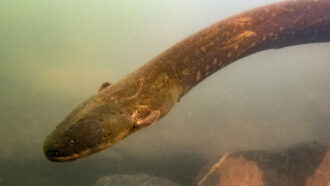 Animals
AnimalsSome electric eels coordinate their attacks to zap prey
Electric eels were thought be to lone hunters — until researchers observed more than 100 eels hunting together. Their coordinated electric attacks corralled prey.
-
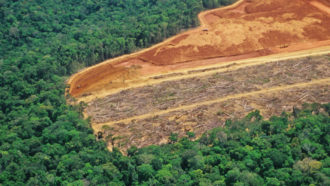 Ecosystems
EcosystemsCan people protect as much space as nature needs?
To save biodiversity, nations are drafting a plan to protect 30 percent of Earth by 2030. Up for debate is how best to do that.
-
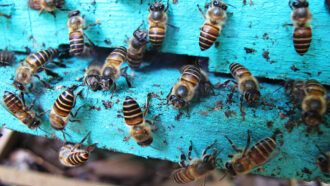 Animals
AnimalsHoneybees fend off deadly hornets by decorating hives with poop
Bees usually collect pollen and nectar. Scientists were surprised to find that Asian honeybees also gather animal dung to defend their hives.
By Asher Jones